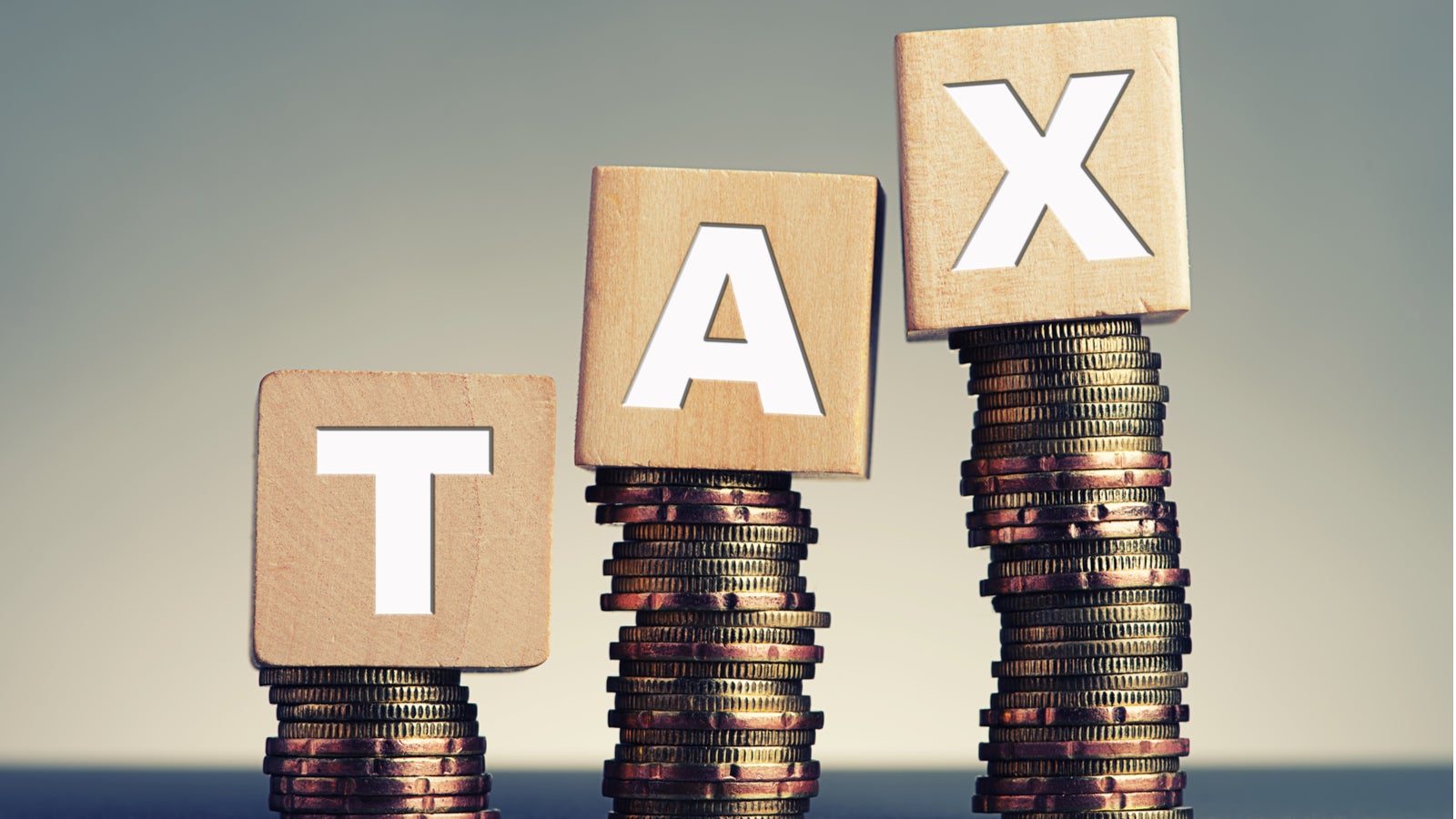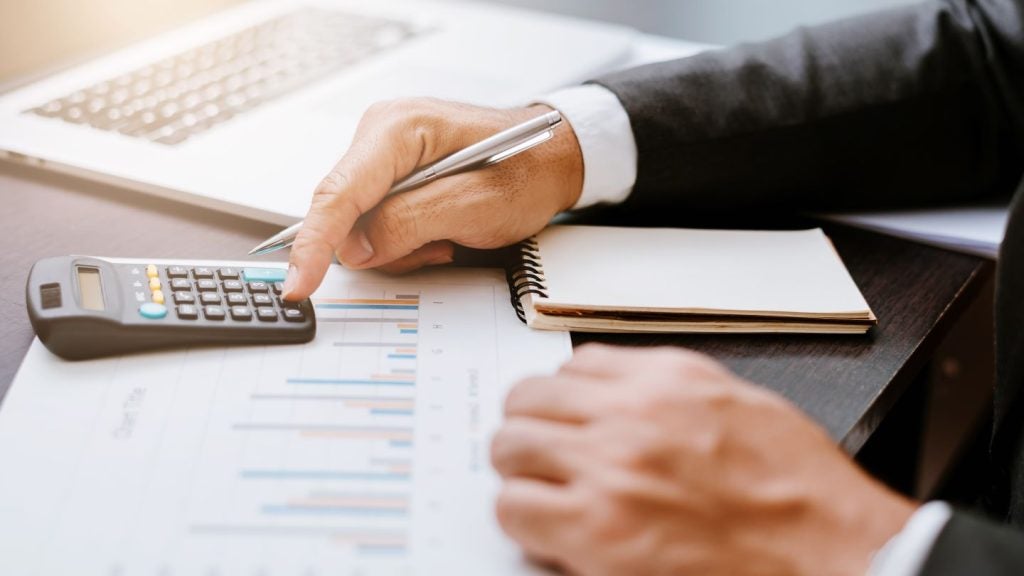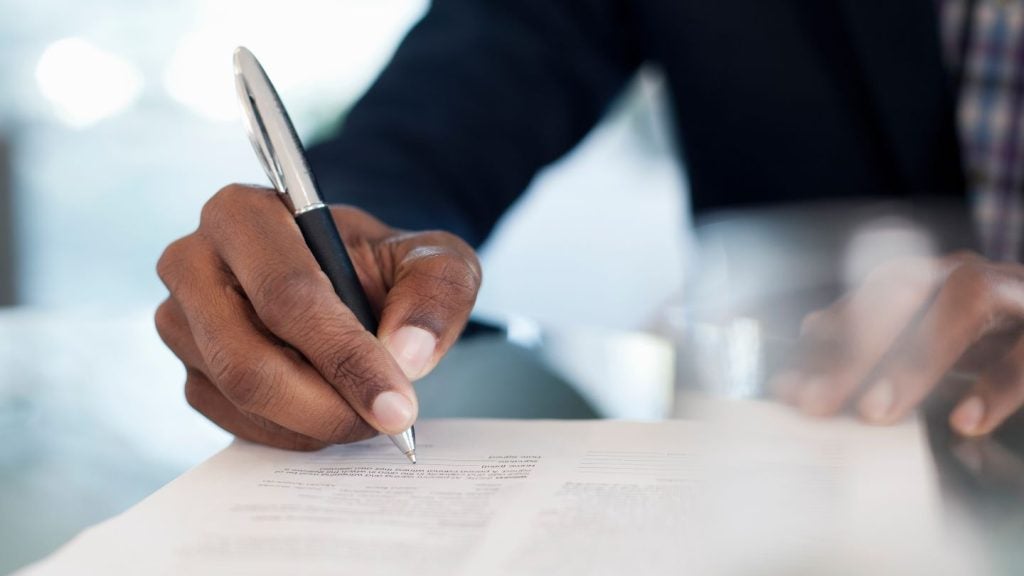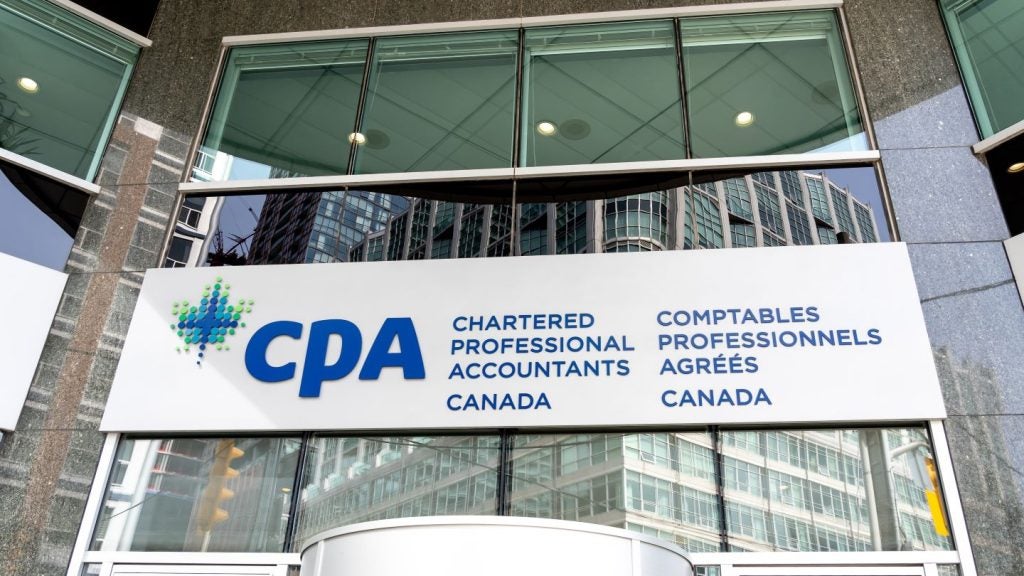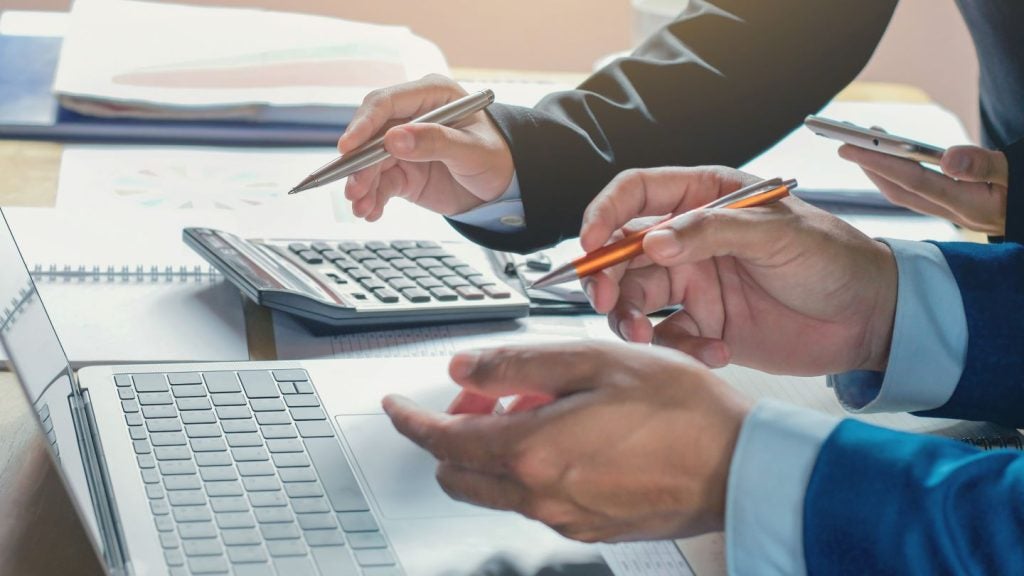Key Questions in Self-Assessment, Navigating Tax Filing Process
With 135,000 searches for ‘Self Assessment’ in the UK every month, up by 23% compared to the same time last year, specialists from Chartered Accountancy practice, Sheards Accountants answer six of the most common Self Assessment related queries for those preparing their tax returns for the end of January.
Self-Assessment: Answering the Most Common Questions
- How to pay Self Assessment tax? – 1,600 monthly searches2 (+60%)
The deadlines for paying your tax bill are usually 31st January for any tax you owe for the previous tax year and your first payment on account and then 31 July for your second payment on account. Payments need to be made to HM Revenue and Customs (HMRC) by the deadline. If you fail to pay on time, you’ll be charged interest and may have to pay a penalty.
The time you need to allow depends on how you pay. If you want to pay the same or next working day you can pay online or telephone banking, CHAPS, by debit or credit card online or at a bank or building society. To pay at a bank or building society, you will need a paying-in slip from HMRC.
Three working days ahead of when the payment is due, you can pay by Bacs, Direct Debit (if you’ve set one up with HMRC before) or by cheque through the post. And if you have five working days or more before payment is due, opt for Direct Debit.
- What is Self Assessment? – 1,300 monthly searches2 (+48%)
Self Assessment is a system HMRC uses to collect Income Tax. Tax is usually deducted automatically from wages, pensions and savings. People and businesses with other forms of income must report it in a tax return. Under the self assessment regime, an individual is responsible for ensuring that their tax liability is calculated and any tax owing is paid on time.
- How to register for Self Assessment? – 590 monthly searches2 (+22%)
You must register for Self Assessment if you have to send a tax return and did not send one last year. There are different ways to register if you’re self-employed, not self-employed or registering a partner or partnership.

US Tariffs are shifting - will you react or anticipate?
Don’t let policy changes catch you off guard. Stay proactive with real-time data and expert analysis.
By GlobalDataSelf employed
If you have to send a tax return and did not send one last year, you need to register for Self Assessment and Class 2 National Insurance. This must be done by 5th October in your business’s second tax year. If this is not done, you could be fined.
If you have not filed a return online before you will need to first register online. Once you’ve completed the online questions, HMRC will create your account. Following this, you’ll receive a letter with your Unique Taxpayer Reference (UTR) number within 10 days (21 if you’re abroad). You will need your UTR number in order to file a return. You’ll then receive another letter with an activation code for your account. Once your account is activated, you can file your tax return any time before the deadline.
If you’ve filed a return online before, re-register online if the work you plan to do is different from what you did before. You’ll need your 10-digit UTR from when you registered before. You’ll receive a letter with a new account activation code 10 days later (21 if you’re abroad). Once you’ve activated your new account, you can file your tax return any time before the deadline. If the work you plan to do is the same as you did before, sign in to your account.
If you’ve filed a tax return before but you did not use the online service, create an account for the online service using your UTR. You’ll then receive a letter with an activation code for your account. Once you’ve activated your account, you can file your tax return any time before the deadline.
Not self employed
If you have not filed online before, first register using form SA1. After you’ve registered, you’ll receive your UTR number in the post within 10 working days (21 if you’re abroad). Once you have this, create your online account and sign up for Self Assessment online. You’ll get an activation code for your new account in the post within 7 working days of signing up (21 if you’re abroad). When you get the code, sign in to send your return. Once you’ve activated your account, you can file your tax return at any time. If you’ve filed online before all you need to do is sign in to your existing account.
Registering a partner or partnership
You must register for Self Assessment by 5 October if you’re a partner in a partnership. You’ll need your partnership’s 10-digit UTR. You must also register your partnership if you’re the ‘nominated partner’. There are different ways to register for limited liability partnerships or if you’re a partner that’s not an individual, for example, a company or trust.
- When is Self Assessment due? – 720 monthly searches2 (+125%)
Different deadlines apply to the different ways in which you can submit a Self Assessment tax return. The Self Assessment tax return deadlines for the 2020 to 2021 tax year are 31 October 2021 for paper returns and 31 January 2022 if customers complete their tax return online.
HM Revenue and Customs (HMRC) is waiving late filing and late payment penalties for Self Assessment taxpayers for one month – giving them extra time, if they need it, to complete their 2020 to 2021 tax return and pay any tax due.
The deadline to file and pay remains 31 January 2022. The penalty waivers will mean that:
- anyone who cannot file their return by the 31 January deadline will not receive a late filing penalty if they file online by 28 February
- anyone who cannot pay their Self Assessment tax by the 31 January deadline will not receive a late payment penalty if they pay their tax in full, or set up a Time to Pay arrangement, by 1 April
Interest will be payable from 1 February, as usual, so it is still better to pay on time if possible.
- Do I need to do a Self Assessment? – 590 monthly searches2 (+84%)
You must send a tax return if, in the last tax year (6 April to 5 April), you were self-employed as a ‘sole trader’ and earned more than £1,000 (before taking off anything you can claim tax relief on) or a partner in a business partnership.
You will not usually need to send a return if your only income is from your wages or pension. But you may need to send one if you have any other untaxed income, such as money from renting out a property, tips and commission, income from savings, investments and dividends or foreign income.
- Self Assessment late filing penalties – 1,900 monthly searches2 (+387%)
Late filing penalties apply for personal tax returns. There is a £100 penalty immediately after the due date for filing (even if there is no tax to pay or the tax due has already been paid). The full penalty of £100 will always be due if your return is filed late even if there is no tax outstanding.
Additional penalties can be charged as follows:
- over 3 months late – a £10 daily penalty up to a maximum of £900
- over 6 months late – an additional £300 or 5% of the tax due if higher
- over 12 months late – a further £300 or a further 5% of the tax due if higher. In particularly serious cases there is a penalty of up to 100% of the tax due.
Kevin Winterburn, director at Sheards Accountancy commented: “It’s essential for those needing to submit a Self Assessment tax return to be fully up to date with what is required of them and when. It can be a lot to keep on top of and people often leave it until the last minute, not thinking about all the work that needs to be put in before you can file your return.
“Speaking to a professional accountant whether just for advice or to help pull together your self assessment tax return is a great way to make sure you’re ahead of the curve and won’t fall short which could lead to a financial penalty.
“With the Self Assessment deadline fast approaching on 31st January, we would encourage those who need to file a return, get all their documents and information in order so they do not fail to reach the requirements in the new year.”
To find out more about Self Assessment, please visit: https://www.sheards.co.uk/resources/your-money/personal-taxation/personal-tax-self-assessment

